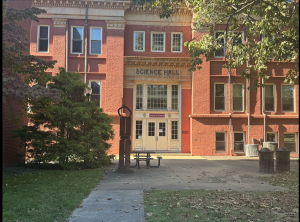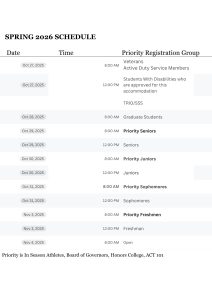The financial impact of COVID-19 on college students
April 20, 2020
Bloomsburg University announced the cancellation of all in-person classes and activities for the remainder of the spring semester on March 16, including all work study and on-campus jobs due to a stay at home order by Gov. Wolf and his administration.
For many college students, this is a financial burden that affects their capability to afford not only college tuition, but essential daily items as well. Some students have had to acquire jobs in their hometowns just to keep their families afloat.
“The paranoia of catching the disease and bringing it home to my loved ones is a huge worry of mine,” said Briahna Banks, a 21-year-old new mother who is considered an essential worker at her hometown job at Starbucks.
Some universities have offered the option to keep students employed at their on-campus jobs remotely from home. According to an article by The Chronicle of Higher Education, “[s]ome (colleges) have pledged to keep paying out-of-work students; others have made no such promises.”
A COVID-19 Update released on the Bloomsburg University website on March 30, 2020 stated, “information for work-study students, concerning employment during the remainder of the semester, will be shared on Tuesday, March 31, to your university email if you are a work-study student.”
Many students rely on their on-campus jobs to support them while paying for college expenses, and no longer have that option. For the majority of these students, obtaining the Economic Impact Payment to financially help them during this time is unlikely, as they were claimed as dependents on taxes.
An article by The Washington Post claims that “Last week, 5.2 million people filed for unemployment claims, bringing the total to 22 million in the four weeks since President Trump declared a national emergency.”
The burden of keeping up with the online delivery method of classes, and for some students their essential jobs at home, is immense and likely to affect the lives of Bloomsburg University students, and millions of other college students across the country.


























